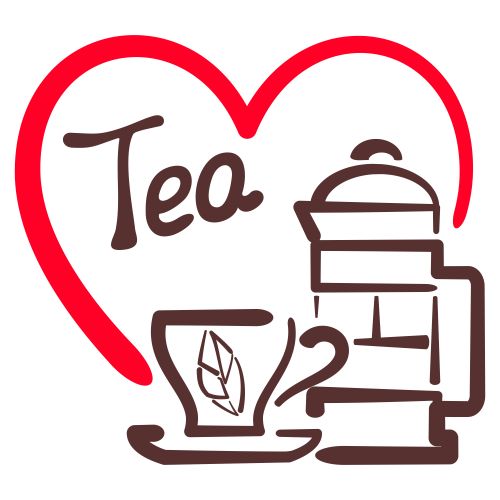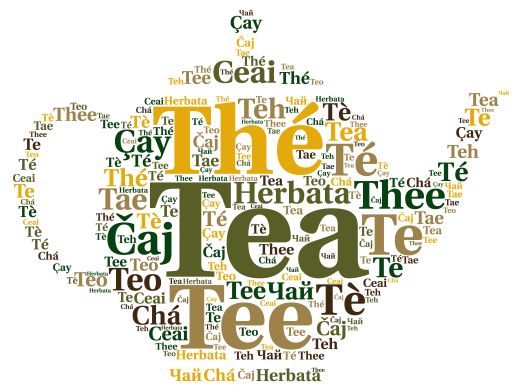The question of the gender of “tea” is a very difficult one to answer, because many French words are masculine or feminine and have no real meaning. This word is used to refer to the act of drinking tea, which is indeed a feminine act. However, it also means “tea” in English, which is not a feminine word. The main reason for this ambiguity lies in the fact that both masculine and feminine forms are found in French. So, is the word “tea” feminine or masculine in the French language?
The Tea Word in French
The first recorded use of the word tea was in 15th century England. The most famous person to use the word was Catherine de Medici, who also introduced it to France. There are plenty of French words for tea, but they tend to have more general meanings than English ones. The French Language has two general words for tea: tisane and thé. However, tisane is the word used in daily life while thé is the word used in official occasions. The former is used in order to have a refreshing drink while the latter one is preferred for its more ceremonial atmosphere.

When you go to France and ask for “une tisane” you’re asking for a kind of tea that’s not particularly strong or rich in flavor. You can still drink it without sugar if you want, but it won’t be as strong as a “real” tea. Le thé is a word with many meanings in French. The word le thé means not only tea but also oolong tea (Chinese oolong), black tea (also known as green tea), and herbal teas (chamomile or mint). So le thé is actually the collective name for all kinds of teas that aren’t made from Camellia sinensis.
Is Tea Feminine or Masculine in French?
In general, the words that end in -e, -o, and -l are all feminine while the words that end in -r are all masculine. Having that said, the word tea in French is generally a feminine word. But it can also be masculine. If you are referring to tea in its sense of an herb or plant, then it is feminine. But if you are referring to tea as a beverage, then it is masculine.
The French language has two terms for tea: the masculine tisane and the feminine thé. This distinction is important, as it can be used to create a variety of different social situations. One situation that this creates is when people are discussing their tea habits. Tisane (masculine) refers to tea consumed alone or in company, while thé (feminine) refers to a shared drink between friends or family members.
This distinction also comes into play when women are taking care of the children and need something to drink that won’t disturb them. If she wants to serve her child a glass of tisane, she will call for a glass of water or ask her husband to make a pot of tea; if she wants her child to drink some thé, she will simply call for the teapot and pour herself a cup.

